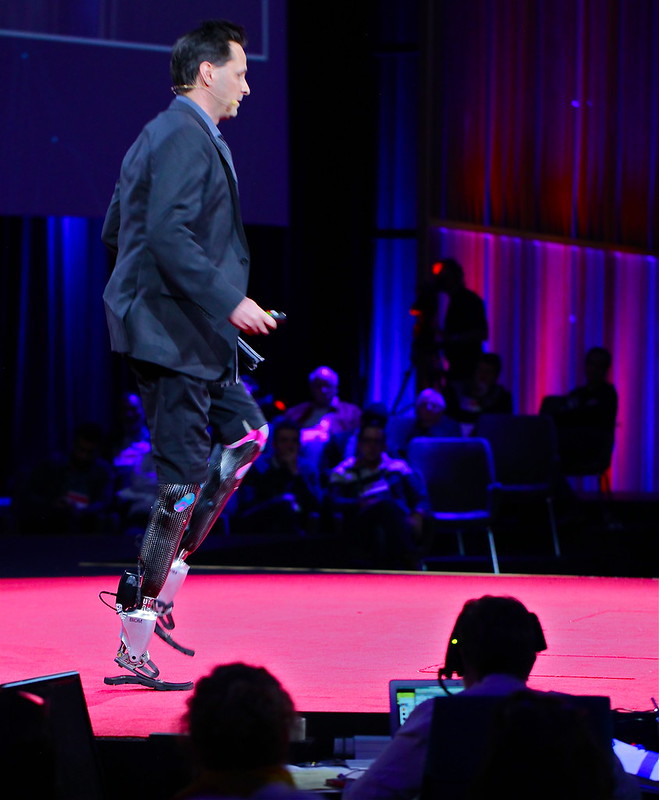This course has definitely made me consider how technological advancements have and will continue to shape our world. Prior to this class, I did not think much about these types of enhancements in humans. I am not much of a science fiction person, so I did not have much interest in considering topics that fell into that realm of conversation. After this course though, I think more about how technology has continuously shaped the human experience. I did not think to consider a lot of the technology that is present now like hearing aids, pacemakers, and artificial limbs as human augmentations since they are so normalized. It has occurred to me though that at one point in time these things were considered anomalies, even though in the present we see that many benefit from them.
In the future, I can see scientists and researchers continuing to work to produce technology of a similar nature to the ones that I previously mentioned, especially ones that work in a way similar to hearing aids. I think that a lot of work will be done to create technology that can help the body make up for lost sensations like sight and touch. I think they will also find ways to create devices that can be used in place receiving an organ transplant since they are not easily accessible. It is likely that technology of the near future will work more to improve the quality of life for those who may have some loss of function rather than enhancing it for those who already have full function. I would be willing to try technology of this caliber if I needed it because it could possibly help with my health or ability to perform certain tasks. However, I think I would be less likely to try an augmentation that my body does not need. For example, if augmentations were created to give me more strength or supersonic hearing, I do not think that I would want it. These are things that I do not need and would therefore likely avoid.



